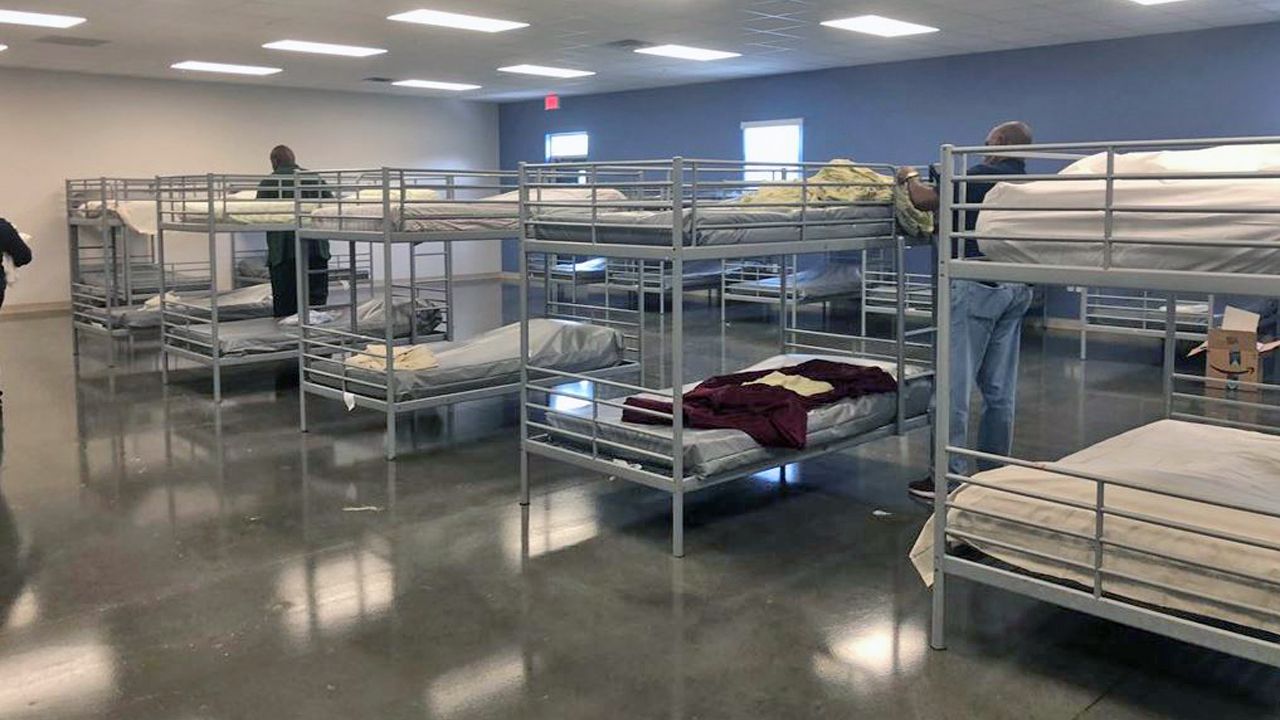DAYTONA BEACH, Fla. — The First Step Homeless Shelter in Daytona Beach is welcoming the public on Wednesday morning for a ribbon-cutting ceremony. Staff say the project has been in the works for over a decade and it is finally completed.
- Shelter opens after a decade of leadership changes, fundraising issues
- RELATED stories:
"We have many, many people who have donated to the cause, who have given their time and their energy. You know, there are so many people that have been involved in this and I really just want to say a big thanks to all of them," said Victoria Fahlberg, executive director of the First Step Shelter.
It has been a bumpy road getting this shelter open due to changes in leadership, fundraising issues and construction delays since it was introduced to city leaders in 2016. In April of this year, Mark Geallis announced he was resigning as executive director.
However, now the day is finally here where they will open the doors and allow the public to see what they have been working on.
"This is going to be a really important step for the entire community, for the people that are homeless but also for the people in the community. It's like our community is a very compassionate community and it's hard for people to see people living on the streets and so it's a benefit for everyone," said Fahlberg.
Located at 3889 West International Speedway Blvd., the shelter has two dorms that will temporarily house 120 men and women.
"I think the shelter is really needed because this is the only one of its kind that that shelters individuals, single men and women," said Fahlberg. "There is another one that houses families and can help them transition into having homes but for single men and women in eastern Volusia there hasn't been this service provided and we do have homelessness here."
The shelter has seven staff members who will help those staying there in all aspects of their life. They will also be given medical care and mental health care.
"People will be learning life skills and then we will be helping people get into affordable housing," said Fahlberg. "So our goal is to sort of get people in and out within 45 to 90 days."
However, those in need cannot just walk into the shelter.
"This is sort of referral only," said Fahlberg. "People ain't just walk in and so they can be brought in by law enforcement, or they can be referred by places of worship, social service agencies, hospitals and other entities"



